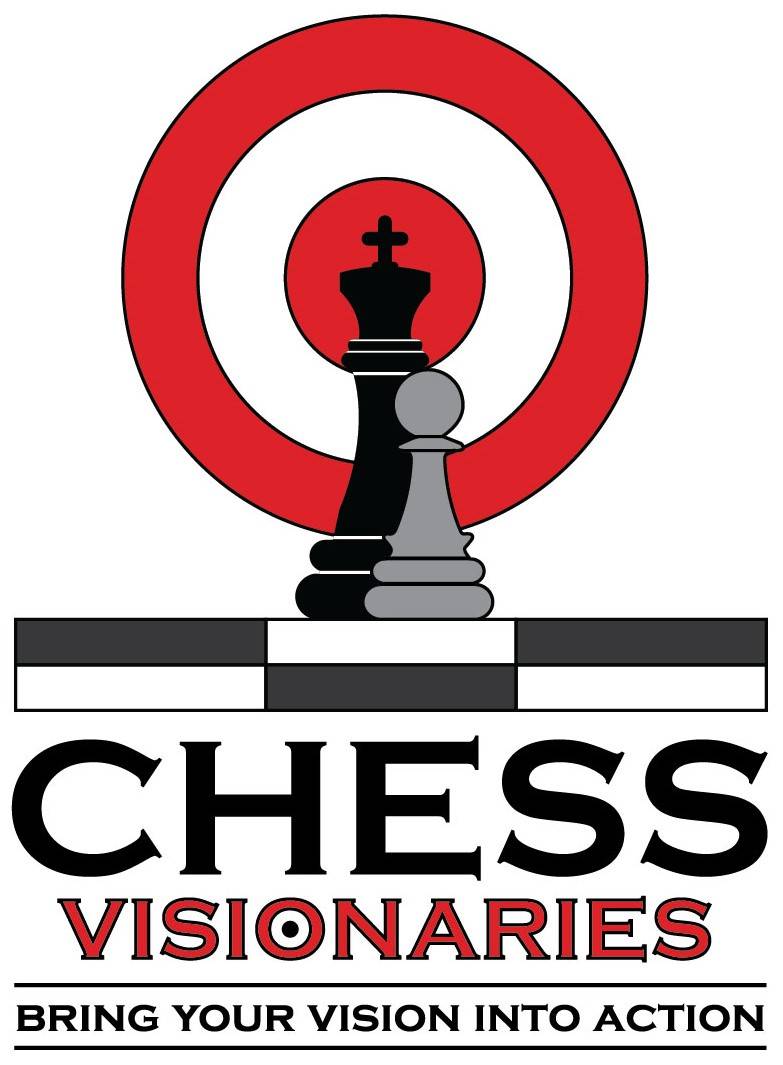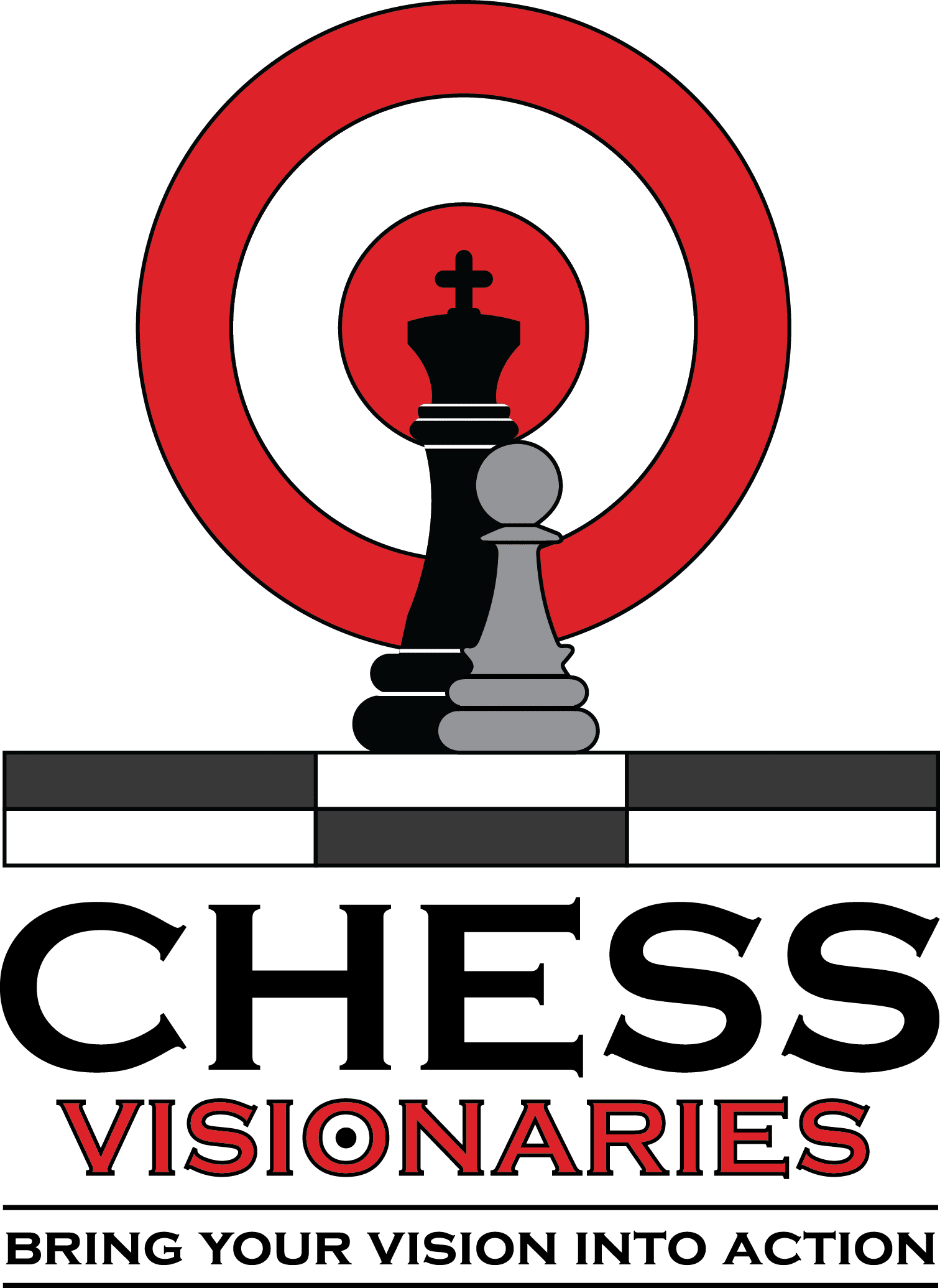BRING YOUR VISION INTO ACTION
Opening Stage common mistakes are:
- Not developing pieces quickly enough;
- Not developing pieces to good squares;
- Making too many pawn moves, especially defensive ones like a2-a3, h2-h3, a7-a6 and h7-h6
when not necessary, - Waiting for the opponent to castle his king before castling ours;
- Blocking the path of our pieces with other pieces;
- Not playing for the initiative when the opponent has played unusual opening moves;
- Not punishing the opponent’s mistakes;
- Making routine developing moves on
auto-mode; - Not paying attention to the opponent’s moves and ideas;
- Bringing out the queen too early; sometimes
- Pawn-grabbing at the cost of king safety and development; and
- Choosing the wrong opening.
Common Mistakes in the Middlegame are:
- Playing passively with our pieces
- Readily moving our pieces backwards at the first sign of aggression from the opponent;
- Weakening the kingside pawn structure under the impression of attacking the opponent;
- Being too eager to defend against imaginary threats;
- Blindly exchanging pieces whenever it is offered or forcing unwanted exchanges to clarify the position;
- Ignoring possible counterplay in the center or on the other flank for fear of an opponent’s attack on the side where we are weak;
- Playing too fast when it is important to ponder over the position a little longer,
- Thinking too much when it is not really necessary;
- Not calculating variations thoroughly;
- Not showing enough interest or inclination to find the best move in every position;
- Having a lethargic approach, a casual approach, or a “let me handle it after the problem comes” approach;
- Not paying attention to the opponent’s ideas and threats;
- Not paying attention to the opponent’s potential mistakes and missing the moment to punish them;
- Playing too many pawn moves in the name of activity, thus weakening the position:
- Incorrect exchange of pawns and pieces;
- Moving pieces aimlessly;
- Failure to identify and exploit the opponent’s weaknesses
- Poor time management;
- Lack of basic plans, bad evaluation or misunderstanding of the position.
Common Mistakes in the Endgame are:
- Playing for attack when the attack is non-existent or can be easily refuted;
- Ignoring the improvement of the king;
- Losing precious tempi by making too many pawn moves;
- Exchanging the wrong piece at the wrong time;
- Not watching out for our opponent’s ideas, especially counterplay possibilities;
- Not being content with subtle improving moves when the situation warrants it, instead going for pseudo-active moves which spoil the position;
- Lack of patience; and Not dedicating enough time to studying endings at home!
Students should memorize all the above common mistakes made by the players and avoid making them by themselves.

